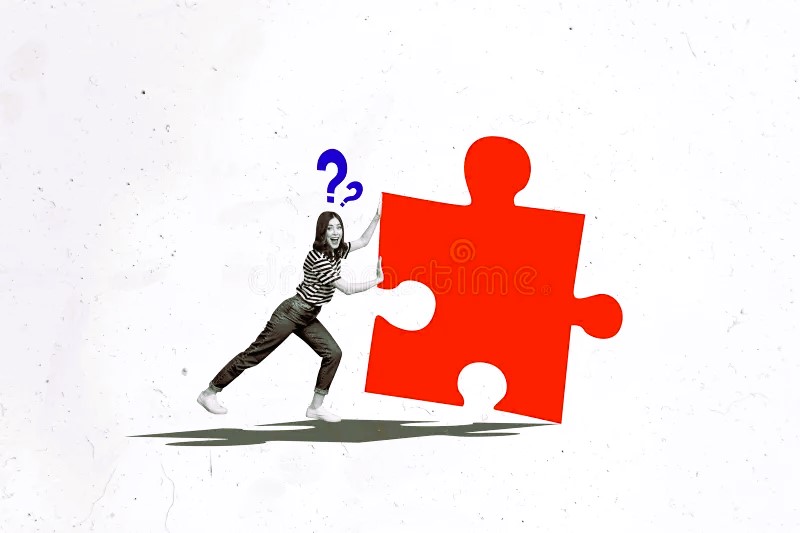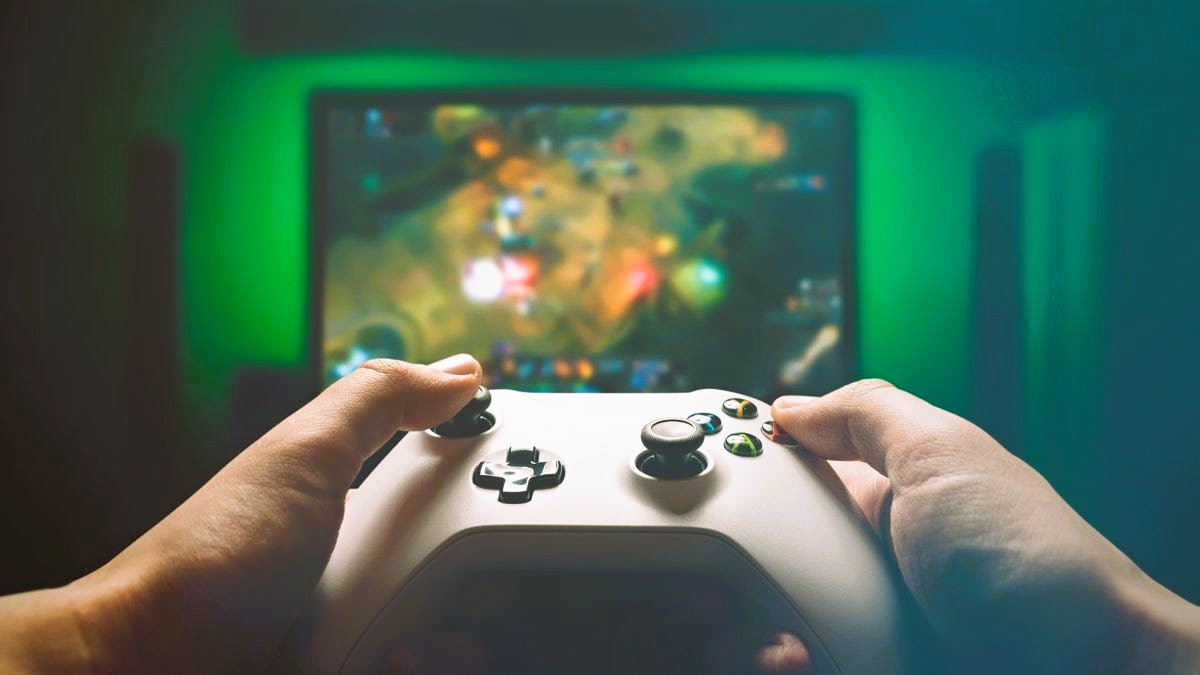Yo, alright, let’s talk real for a second. We’ve all been there—locked into a game, grinding away, trying to conquer that one boss or solve that puzzle that’s been bugging us for hours. You’re stuck, frustration is rising, but then boom, something clicks. You figure it out. And it feels like the most satisfying win you’ve had all day.
But hold up—this isn’t just about escaping into a fantasy world or hitting that sweet headshot. There’s more to gaming than meets the eye. Video games, especially the complex ones, do a whole lot more than just entertain. They actually help improve logic and critical thinking. Yup, you heard me right. And no, this isn’t just some fluffy claim—it’s backed up by some solid research. Let’s break it down.
Why Does Gaming Boost Your Brain?
First off, let’s get this out of the way: Games aren’t just about fast reflexes and flashy graphics. Games, especially ones that involve strategy, puzzle-solving, or team-based challenges, force you to think. Like, really think. Your brain’s firing on all cylinders, and you don’t even realize it because you’re having a blast.
Here’s why that works:
- Problem-Solving – Every game, from The Legend of Zelda to Fortnite to Minecraft, throws problems at you that need solving. Whether you’re figuring out how to defeat a boss or trying to build the ultimate base, you’re constantly using critical thinking skills.
- Strategy and Planning – This is where things get real. Strategy games like StarCraft or Civilization put you in the driver’s seat, forcing you to think 5, 10, or even 20 steps ahead. You’ve got to plan your resources, think about your opponents, and adapt on the fly. That’s some next-level brain work.
- Risk Assessment – Let’s say you’re in a high-stakes situation, like in Apex Legends or League of Legends. Should you rush in for the kill or wait it out? The ability to assess risks and rewards on the spot is a skill that’ll serve you in life and in gaming.
- Decision-Making Under Pressure – Imagine you’re in the heat of an Overwatch match. You’ve got milliseconds to decide whether to throw that ultimate ability or hold off for a better moment. These quick decisions build your ability to weigh options and think fast.
Logic in Games: More Than Just Puzzle Pieces

Alright, now let’s get into the nitty-gritty of how games actually improve your logic skills. Games often require you to think through a series of actions to reach a specific goal. That’s pure logic. You’re connecting dots, building chains of thought, and using reasoning to move forward. Here’s how different game genres do this:
Puzzle Games: Flexing Those Logic Muscles
Think about games like Portal or The Witness. These are puzzle-heavy games where each new level requires you to solve increasingly complex challenges. Every solution you find isn’t just about trial and error; it’s about applying logic to figure out the rules, patterns, and mechanics of the game world. And trust me, when you finally crack a tough puzzle, that “aha!” moment is real. To learn more about becoming a video game tester, follow this link.
Strategy Games: Mastering the Art of Logic
Strategy games are where you really get to test your logical thinking. Whether you’re playing Chess, Total War, or Age of Empires, you’re making calculated moves based on logical reasoning. Should you expand your territory now, or wait for a better opportunity? The choices you make are rooted in logic, and one wrong move can cost you the game.
RPGs: Storytelling Meets Logical Decision-Making
Role-playing games like The Witcher 3 or Skyrim give you a ton of freedom in how you approach problems. You’ve got to think logically when it comes to inventory management, character skills, and solving quests. It’s not just about running and gunning; it’s about thinking through different approaches and scenarios. It’s like living in a world where every choice matters.
Critical Thinking: More Than Just “Guessing Right”
Critical thinking? Oh, it’s in there too, especially when you’re dealing with games that challenge your perception of what’s going on. Let’s face it, some games throw curveballs at you that make you question everything you thought you knew.
- Analyzing Patterns – Games like Dark Souls or Dead by Daylight require you to analyze enemy behavior. Once you pick up on their patterns, you can use that to your advantage. This forces you to think critically about every situation and adapt to the game’s logic, not just react blindly.
- Multiple Solutions to One Problem – Grand Theft Auto V or Hitman give you choices. You can complete missions in different ways—shooting your way through or using stealth. This forces you to think critically about which approach will yield the best results given the situation.
- Questioning Assumptions – Games like Myst or The Talos Principle make you question the very logic of the game world. You’re forced to think outside the box and even challenge the assumptions you’ve been working under. It’s like the game is saying, “Hey, you think you know what’s going on? Think again.”
Why Esports Teams Are All About Logic & Critical Thinking

Listen, if you’re into esports or competitive gaming, you already know how much pressure is on your brain. High-level games like League of Legends, Dota 2, or Counter-Strike aren’t just about reflexes. They’re about making split-second decisions that are logical and calculated. One wrong move can cost the whole match.
Esports pros? They’re not just training their aim or their reflexes—they’re training their minds to process information quickly, think critically about enemy tactics, and plan their team’s strategy. That’s a huge part of why gaming is so good for improving critical thinking.
How Games Improve Decision-Making
| Game Type | Improves | Why It Matters |
|---|---|---|
| Strategy Games | Long-term planning and resource management | Prepares for real-life strategic decisions |
| Puzzle Games | Problem-solving and logic | Helps in breaking down complex problems in real life |
| RPGs & Adventure Games | Narrative-based decision-making | Builds the ability to think critically in scenarios |
| Esports | Quick decision-making under pressure | Preps your brain to act fast and think critically in high-stakes situations |
The Takeaway: Gaming = Brain Gains
So, here’s the deal. Video games do a lot more than just kill time. They actually train your brain to think critically, make better decisions, and solve problems like a pro. Whether you’re puzzling through The Witness, planning your next move in StarCraft, or deciding whether to rush or retreat in Fortnite, your mind is working overtime. And that’s not just helping you win games—it’s sharpening skills you can use in real life.
Now, don’t just take my word for it. If you want to dive deeper into how video games and critical thinking collide, check out Wikipedia’s page on Video Games and Cognition. It’ll give you all the juicy research and studies backing up the brain-boosting power of gaming.
Next time you’re grinding away in your favorite game, remember: you’re not just leveling up in the game—you’re leveling up your brain.

